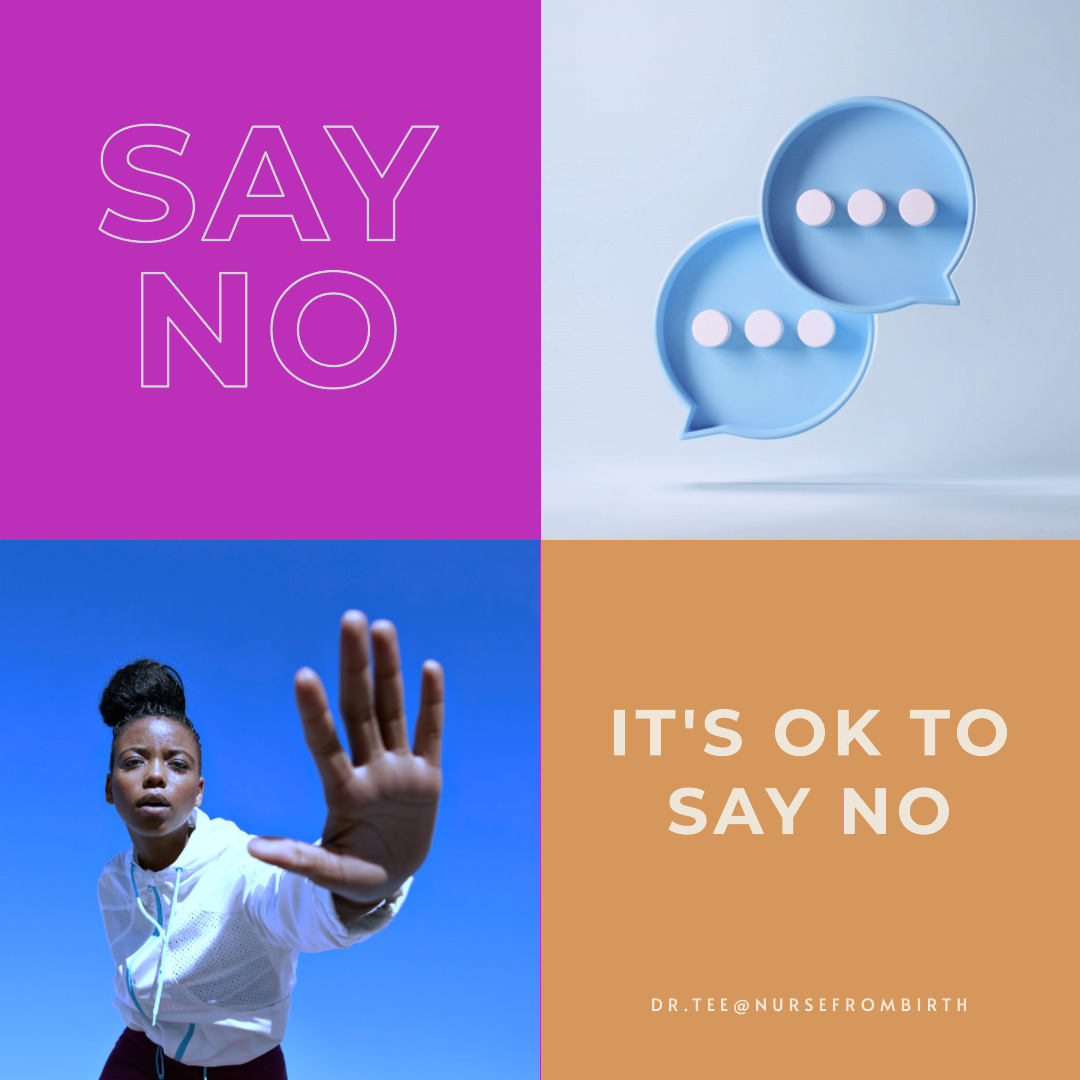The Power of Saying 'No': Embracing Boundaries for Mental Well-being
In our fast-paced and demanding world, the ability to say "no" is often overlooked and undervalued. We find ourselves trapped in a never-ending cycle of obligations and commitments, afraid to disappoint others or appear selfish. However, by embracing the power of saying "no," we can reclaim our mental well-being and lead a more fulfilling life.
Understanding the Concept of Saying "No"
Saying "No" is more than a simple refusal; it is an assertion of our personal boundaries and an act of self-care. Society and culture often condition us to be people-pleasers, making it challenging to say "no" without guilt or fear of judgment. However, it is crucial to differentiate between assertiveness and selfishness to recognize the true value of saying "no."
Assertiveness is about standing up for ourselves, expressing our needs, and setting healthy boundaries. It empowers us to prioritize our well-being without disregarding the needs of others. Saying "no" assertively allows us to establish limits that protect our time, energy, and emotional space.
On the other hand, selfishness is an excessive focus on oneself at the expense of others. It is essential to understand that saying "no" is not inherently selfish. It is a necessary practice of self-care that enables us to maintain our mental health, establish balance, and allocate resources where they are most needed.
The Value of Saying "No"
Preservation of Personal Boundaries: When we say "no," we establish and maintain our personal boundaries. By setting limits on what we can and cannot accept, we safeguard our physical, mental, and emotional well-being. Saying "no" allows us to protect ourselves from overwhelming situations, toxic relationships, and excessive demands that can negatively impact our mental health.
Time Management and Prioritization: Overcommitment and the inability or reluctance to say "no" often lead to a chaotic and unbalanced lifestyle. By embracing the power of "no," we gain control over our time. We can prioritize tasks, commitments, and responsibilities, ensuring that we allocate enough time for self-care, relaxation, and pursuing activities that bring us joy. This ability to manage our time effectively contributes to reduced stress levels and enhanced mental resilience.
Enhanced Self-Respect and Self-Care: Saying "no" is an act of self-respect. It demonstrates that we value ourselves enough to prioritize our well-being. By setting boundaries and declining what does not align with our values, we foster a healthier self-image and cultivate self-care practices. Whether it's taking time for solitude, engaging in hobbies, or simply resting, saying "no" empowers us to prioritize our mental health needs.
The Importance of Setting Clear Communication
Building Trust and Respectful Relationships: By saying "no" with clear communication, we foster trust and respect in our relationships. When we express our limitations honestly and assertively, others understand our boundaries and can respect them. This open and honest communication nurtures healthier connections, reduces conflicts, and promotes mental well-being in our interactions with others.
Professional Advancement and Leadership: Assertively saying "no" in professional settings is crucial for career growth and leadership development. By setting boundaries and communicating our limits, we prevent burnout, maintain a healthy work-life balance, and make room for opportunities aligned with our goals. Effective leaders understand the power of saying "no" to focus on meaningful tasks, make better decisions, and inspire their teams.
Harnessing the Power of Saying "No"
Developing Assertiveness Skills: Building assertiveness skills empowers us to say "no" confidently and without guilt. It involves recognizing our needs, values, and limits, and communicating them assertively. Overcoming fear, guilt, and the need for approval is key to harnessing the transformative power of saying "no."
The Art of Saying "No" Gracefully: While it's important to say "no," it's equally important to communicate alternatives or compromises when declining requests. By offering suggestions or proposing alternative solutions, we show that we value the relationship and seek a mutually beneficial outcome. This art of saying "no" gracefully maintains harmony while upholding our boundaries.
Let’s Wrap Up
Embracing the power of saying "no" is an act of self-care that profoundly impacts our mental well-being. By recognizing the value of setting personal boundaries, managing our time effectively, and prioritizing self-respect and self-care, we unlock a life of fulfillment and mental resilience. Through clear communication and assertiveness, we nurture healthier relationships and open doors to personal and professional growth. Let us embrace the transformative impact of saying "no" and embark on a journey towards a more balanced and mentally healthy life
.








